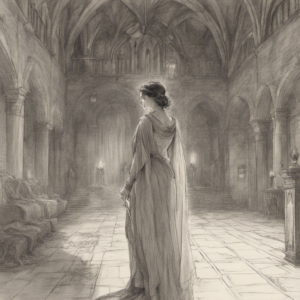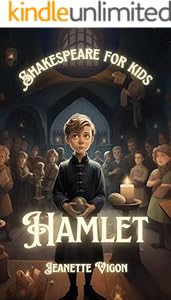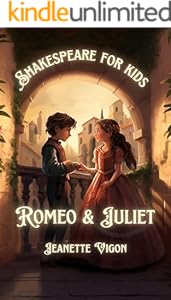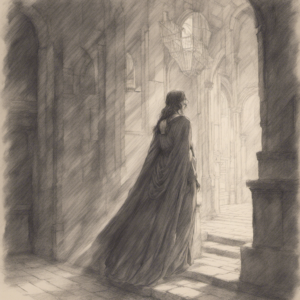
I grew up watching “Shake it Up” on Disney Channel. In fact, I grew up watching Disney Channel in general, but there were certain shows that just stuck with me into adulthood. I now find myself obsessed with how Bridget Mendler from “Good Luck Charlie” was able to get like seven degrees, how Sabrina Carpenter from “Girl Meets World” is now touring the world with Taylor Swift, and more particularly, how Zendaya has taken over the world.
When I saw Zendaya was going to be in the new movie “Challengers” by Luca Guadagnino, I knew I had to watch. I’ve loved everything that she’s been in since her time on “Shake It Up”, and as a former theater kid, I saw Mike Faist was going to be in it as well which sealed the deal for me. But going into the movie, I had no idea that there would be similarities to Macbeth in it.
The whole movie isn’t a modern retelling of Macbeth like “10 Things I Hate About You” or “She’s The Man.” The only real connection is the main female character, Tashi Duncan.
The gimmick with Tashi is that she’s an obsessed artist. Sort of like Tonya Harding in I, Tonya, or Nina Sayers in Black Swan. Tashi is a tennis prodigy whose entire existence is wrapped around tennis. She spends her free time analyzing players moves and every conversation she has with a character is related to tennis. She can’t even talk to her own boyfriend in the movie without it being about tennis- I’m not kidding. They get into a huge fight because he doesn’t want her to criticize him anymore, and they end up breaking up over it.
I don’t think the intention was to make her a modern day Lady Macbeth, but she shares too many similarities to not notice. For starters, from the way the movie was marketed, and even at first watch of the story, Tashi Duncan is the villain. She gets in between two best friends and makes them hate each other so that she can watch a good game of tennis between the two. This is very similar to the surface level treatment that Lady Macbeth gets. Lady Macbeth pushes Macbeth to kill King Duncan, therefore she’s the bad guy. Right? Both characters are strongly villainized by readers and viewers.

Both of them use their power to manipulate the men around them. Lady Macbeth uses Macbeth’s masculinity to manipulate him to kill Duncan, questioning his manliness if he does not want to kill. This works because masculinity was a huge aspect of a man’s identity at that time, and if they didn’t appear as the stereotypical man, they could be shunned by society. It is this manipulation that landed her the role of “villain” according to many readers. Tashi similarly manipulates the two men in the movies, Art and Patrick. She turns the two of them against each other with romantic entanglements that serve as a means to exert control over them. While Lady Macbeth’s goal was to become queen, Tashi knew that if they turned against each other, she would get to watch some good tennis. Art and Patrick were both so good together that she knew if they played against each other it would be a legendary match. And that’s what she got in the end.
A lot of female characters who feel very strongly about something, whether it be their careers or goals, are often victims of attacks from audiences. I wrote my final paper for my gender studies course on this. Powerful female characters make [mostly] male audiences uncomfortable, even if some people don’t want to admit it. This is for several reasons, but the larger theme is that they feel threatened in their own masculinity, and seeing a woman so comfortable and able to knock down barriers to get what she wants makes them uncomfortable.

There are several instances of this in literature that I noted in my paper; Eve from the Bible, Amy Dunne from “Gone Girl”, Cathy Ames from “East of Eden”, Bellatrix Lestrange from “Harry Potter”, Amy March from “Little Women”. This isn’t denying that some of them committed horrible acts, but they all matched that definition of female characters who feel super passionate about something but are clumped together as villains. Both Lady Macbeth and Tashi feel very strongly about something, Lady Macbeth feeling strongly about becoming queen, and Tashi feeling strongly about tennis. While they both do questionable things, their passion makes it easy for audiences to call them the villains of the story without looking at their other character traits.
It’s up to you if you think she is similar to Lady Macbeth…I certainly think so. Other sites have picked up on these similarities as well, such as Sports Illustrated, Ensemble Magazine, Glamour U.K., and more. You’ll have to watch for yourself to see!





